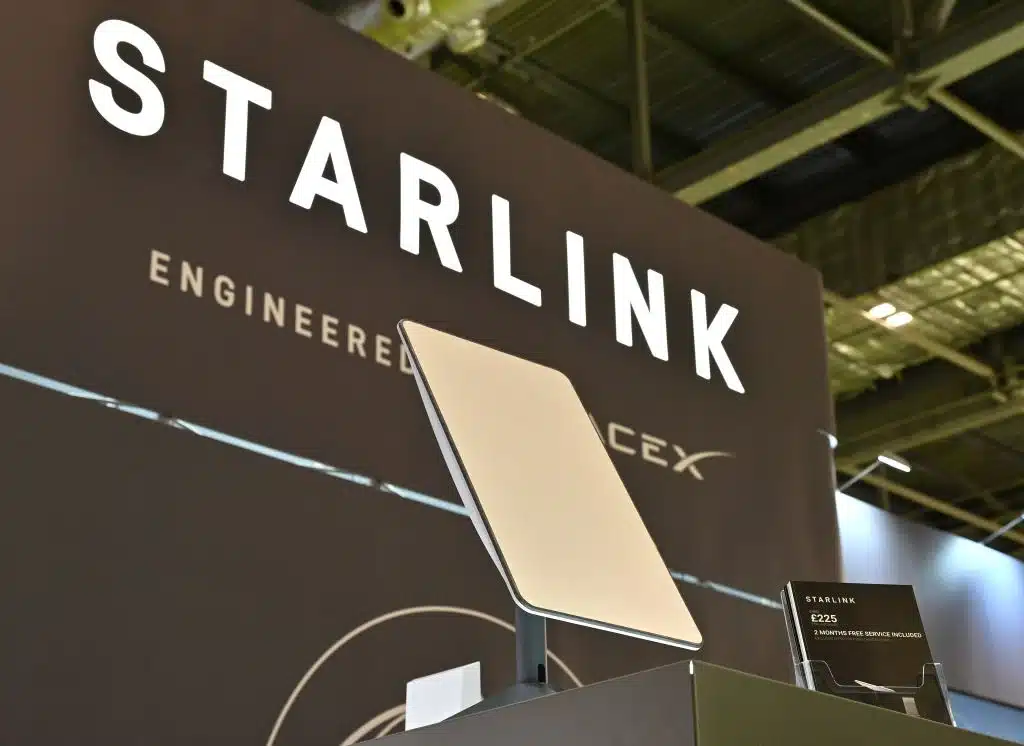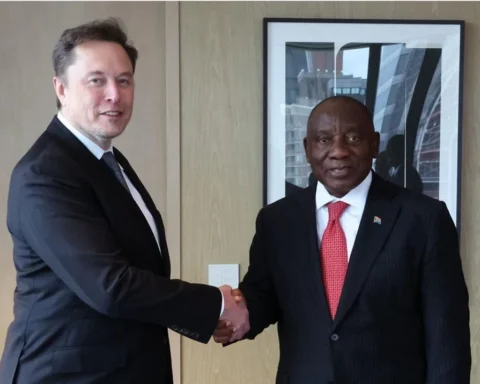Elon Musk’s satellite internet service faces overwhelming demand in Zimbabwe as residents flee from expensive, unreliable local providers. Starlink, SpaceX’s satellite internet service, has reached full capacity in major Zimbabwean cities within weeks of its September launch, as residents desperately seek alternatives to costly and unreliable local internet providers.
The service’s $350 startup kit and $50 monthly unlimited data plan has drawn overwhelming interest in Harare, Zimbabwe’s capital, where traditional providers charge up to $20 for just 10GB of data. Local technician William Chui reports installing about 300 Starlink kits in Harare’s affluent northern suburbs since launch.
“Even if it means I will wait until January, I don’t care. As long as it’s not Econet, Telecel, and NetOne,” said Alois Kachere, a network engineer who paid a $50 deposit to join Starlink’s waiting list after finding the service at capacity in his area.
The surge in demand has created a black market, with police arresting five men in early November for illegal sales of Starlink kits. Installation technicians like Chui are charging between $80 and $120 for their services.
Elon Musk addressed the capacity issues on X in early November, stating that management is “working to increase internet capacity in dense urban areas in Africa as fast as possible.”
Traditional providers have begun responding to the competition. Econet introduced high-speed broadband for $45 per month in June, while smaller ISP Powertel lowered unlimited data prices to $30.
Jacob Mtisi, CEO of Harare-based ICT company Hamsole, believes local operators may retain urban customers due to their “robust infrastructure,” but expects Starlink to have greater impact in rural areas.
“Data is very expensive in Zimbabwe when compared to other countries in the region,” said Andrew Chitsa, a truck driver in Harare who plans to order Starlink when available.
The country’s main providers – Econet, Telecel, and NetOne – did not respond to requests for comment.

